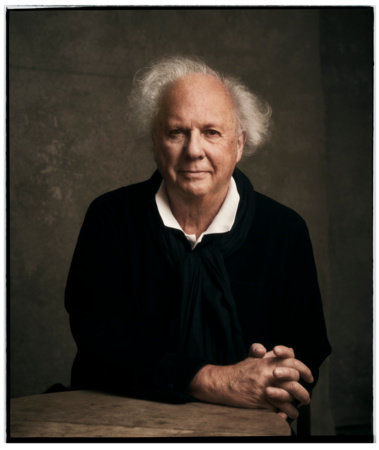Graydon Carter: A Legacy of Influence in Media and Culture

Introduction
Graydon Carter, known for his pivotal role as the editor of Vanity Fair from 1992 to 2017, has significantly shaped the media landscape. His tenure at the magazine not only marked a golden age of American journalism but also influenced cultural discussions on politics, fashion, and celebrity. As the publishing industry undergoes transformative changes, Carter’s impact remains relevant, providing insights into journalism’s evolving role in society.
Career Highlights
Born on April 14, 1949, in Toronto, Ontario, Graydon Carter began his career in journalism as a reporter for the Financial Post. He later served as the editor of Spy magazine, where his wit and sharp commentary gained recognition. In 1992, he took the helm at Vanity Fair, a position that solidified his status as a prominent figure in publishing. Under his leadership, the magazine became renowned for its high-profile cover stories and investigative journalism, featuring influential personalities such as Monica Lewinsky, who became a central figure in American politics in the 1990s.
Influence on Culture and Politics
Carter’s editorial vision was characterized by a blend of investigative reporting and a keen awareness of cultural trends. He played a crucial role in re-shaping how media approached celebrity culture, balancing coverage of glamorous affairs with serious journalism. Notably, Carter’s publishing strategy often intersected with significant political moments, exemplifying how media can serve as a powerful platform for social discourse. This role has only sharpened under the contemporary political climate, highlighting the ongoing relevance of journalistic integrity.
Post-Vanity Fair Career and Legacy
After stepping down from Vanity Fair, Carter co-founded the media company Airmail, which offers a modern take on journalism with a focus on global culture and style. His unique perspective and insightful commentary continue to resonate, as seen in his recent writings that address everything from the pandemic’s impact on society to evolving political narratives. Carter’s approach encourages a new generation of journalists to prioritize substance alongside style, reinforcing the essential role of informed discourse in democracy.
Conclusion
As the media landscape continues to transform, Graydon Carter’s legacy as an editor and cultural commentator is more significant than ever. His ability to navigate complex subjects with nuance and flair has solidified his place in the annals of journalism. With a career spanning several decades, Carter’s insights and contributions remain essential, urging both readers and aspiring journalists to engage deeply with the cultural narratives that shape our world.









